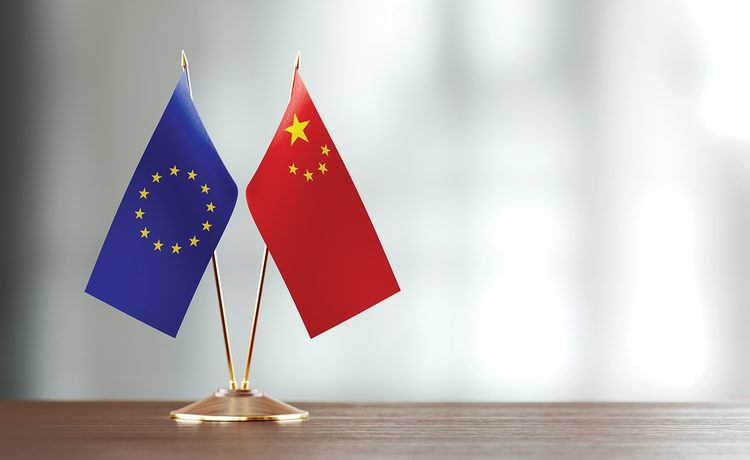“Germany wholeheartedly wishes the unification of Europe,” retorted Chancellor Konrad Adenauer in 1950 to American criticism on European integration.
The world has drastically changed since then. Germany’s appetite for further European unification is at an all-time low and the United States has lost the political capital to criticize others. But European unity is more important than ever before: China with its state-led economic model represents an attractive narrative to fill the void left by European member states.
“This has long since ceased to be merely a question of economics. China is developing a comprehensive systemic alternative to the Western model that, in contrast to our own, is not founded on freedom, democracy and individual human rights.”
Sigmar Gabriel, Germany’s Ex-Foreign Minister, got to the heart of the matter. The BRI, China’s flagship foreign policy program, and the 17+1 format, an initiative to promote business relations between China and Central and Eastern Europe, are not so much economic challenges as ideological provocations.
The Memorandum of Understanding between Italy and China to deepen economic and cultural ties is more form than substance. The Greek Port of Piraeus continuously stumbles over popular and parliamentary resistance. And Xi’s proposal to create a Danube-Oder-Elbe canal in Czechoslovakia will most likely never materialize.
Thanks to the European Union’s myriad regulations, tough environmental standards and fierce public competition for contracts, Chinese firms are struggling to compete in the European investment environment.
The availability of funding from European institutions also makes Chinese loans less attractive. Unsurprisingly, Beijing channels most of its investments into the non-EU members of the 17+1 format (Bosnia-Herzegovina, Serbia, Albania, Montenegro and Northern Macedonia); in other words into countries with weak rule of law and elevated political corruption.
Irrespective of China’s economic impact, the European Union cannot discount the fact that China has managed to act unilaterally under the facade of multilateralism in Europe. Its nebulous presence suggests that our European way of life based on democratic values, individual freedoms and free markets is a hindrance and not a blessing.
Brussels has in response scrutinized Chinese FDI and sensitive mergers, has demanded reciprocal market access and fair competition with state-owned enterprises (SOEs), and has finally called out Beijing’s unethical use of surveillance technology and persecution of ethnic minorities.
Such economic policies are long overdue but they are in themselves not enough to protect Europe from China’s influence. The pandemic has shown us that the European Union’s current focus on policy needs to be once again supplanted by the urgency of unity.
The Corona recovery fund, after being significantly watered down by the “frugal four,” is at the whims of chauvinistic Poland and Hungary, and cooperation amongst member states is contradictory at best and protectionist at worst. Border closures, export bans, and unnecessary equipment shortages are in my dictionary not signs of good policy.
They are clear signs that the European single market alone – without broader political unity – is insufficient to manage a pandemic effectively; just as it will be insufficient to address China decisively. Recent public opinion polls show that most Europeans still view China’s effect on democracy unfavorably but they also suggest that Eastern and Southern Europe are more sympathetic to China in general.
China’s relative economic success in recent years and its distinguished triumph over the virus perhaps play a role in the divergence of opinion in Europe. But Brussels is largely to blame itself for the political void that Beijing can exploit.
If the benefits of the European Union had not been conditioned by the mercy of selfish member states and had been instead more equally spread, China’s ideological influence in Europe would have been inconsequential.
The United States under Biden will no longer revive the old transatlantic alliance let alone criticize Europe for its lack of integration like in the 1950s. Unlike Trump, however, Biden understands that constraining China requires finding common ground with European allies.
Such an alliance will have to determine how to handle Beijing but the best response against China’s authoritarian narrative is to ensure that democracy at home continues to operate for all. Biden has pledged that he will focus on “restoring the soul of America.” European leaders also need to recommit themselves to Konrad Adenauer’s ideals.
Germany, as the country in Europe with the largest economic ties to China, can signal today by virtue of holding the European Union Council Presidency that German industry interests are not above European ones. That is the unity that we need. The rest is just policy–fantasy.
By Michael Gobbel


